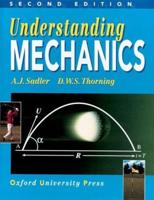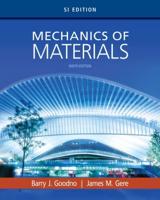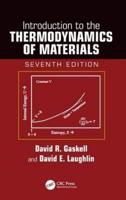Publisher's Synopsis
Modern computer simulations make stress analysis easy. As they continue to replace classical mathematical methods of analysis, these software programs require users to have a solid understanding of the fundamental principles on which they are based.
Develop Intuitive Ability to Identify and Avoid Physically Meaningless Predictions
Applied Mechanics of Solids is a powerful tool for understanding how to take advantage of these revolutionary computer advances in the field of solid mechanics. Beginning with a description of the physical and mathematical laws that govern deformation in solids, the text presents modern constitutive equations, as well as analytical and computational methods of stress analysis and fracture mechanics. It also addresses the nonlinear theory of deformable rods, membranes, plates, and shells, and solutions to important boundary and initial value problems in solid mechanics.
The author uses the step-by-step manner of a blackboard lecture to explain problem solving methods, often providing the solution to a problem before its derivation is presented. This format will be useful for practicing engineers and scientists who need a quick review of some aspect of solid mechanics, as well as for instructors and students.
Select and Combine Topics Using Self-Contained Modules and Subsections
Borrowing from the classical literature on linear elasticity, plasticity, and structural mechanics, this book:
- Introduces concepts, analytical techniques, and numerical methods used to analyze deformation, stress, and failure in materials or components
- Discusses the use of finite element software for stress analysis
- Assesses simple analytical solutions to explain how to set up properly posed boundary and initial-value problems
- Provides an understanding of algorithms implemented in software code
Complemented by the author's website, which features problem sets and sample code for self study, this book offers a crucial overview of problem solving for solid mechanics. It will help readers make optimal use of commercial finite element programs to achieve the most accurate prediction results possible.










